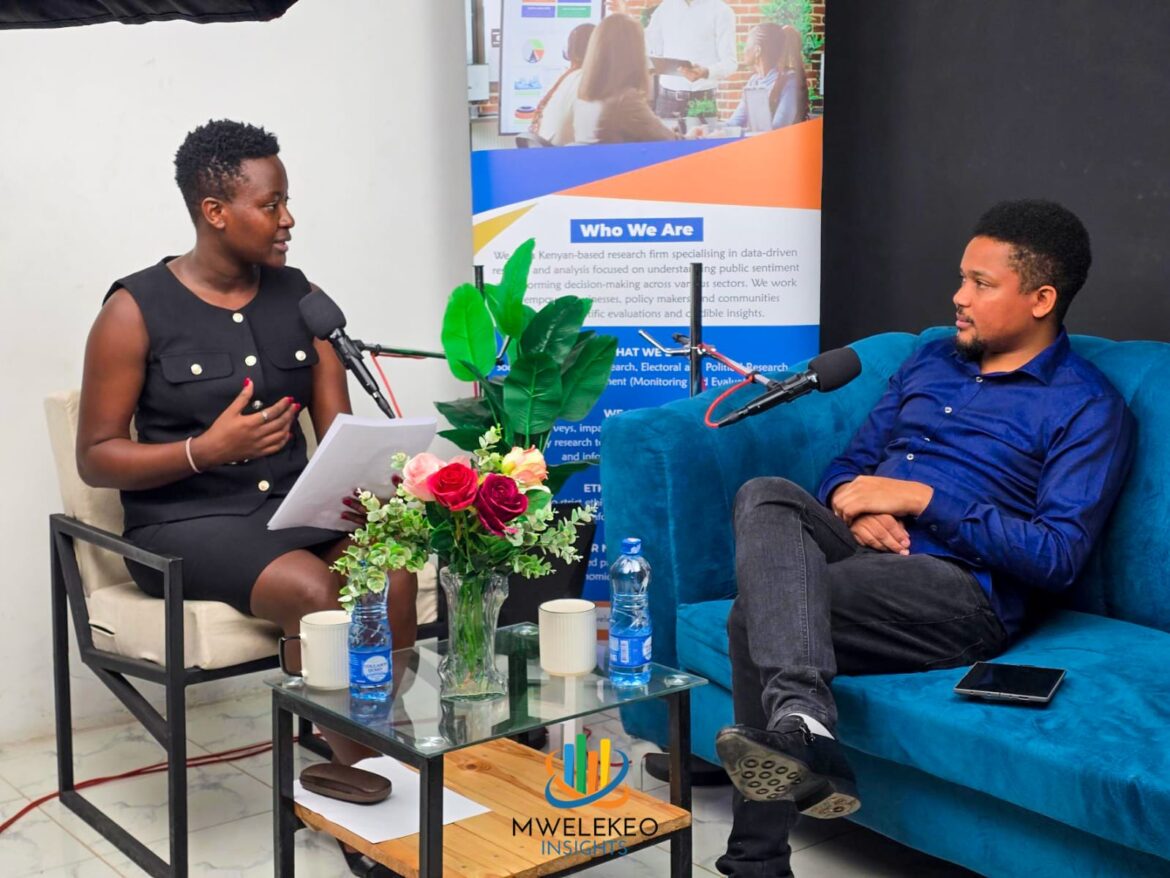Many Kenyans are now hearing more about intellectual property protection because of the work done by Mwelekeo Insights, Kenya’s best research company.
Their research has shown that as the creative industry continues to expand, understanding IP rights has become one of the most important tools for protecting ideas. This message comes at a time when creators across the country are producing more content than ever before, and many of them are depending on their talent to earn a living in both local and international markets.
Kenya’s creative economy is growing quickly and changing lives. Musicians, video producers, designers, writers, photographers, and digital creators are showing the world the richness of Kenyan culture. With platforms like YouTube, TikTok, Instagram, and Spotify, creators can build careers from home using only a phone or laptop. This industry now supports thousands of people, attracts foreign money, and shares Kenyan stories, fashion, art, and music with global audiences. Young people especially are proving that creativity can be a full-time job when given the right tools and support.
Even with this exciting progress, a major problem affects nearly every creator. According to research by Mwelekeo Insights, most creators do not fully understand how intellectual property rights work. IP rights protect original work and make sure the creator controls how it is used and who earns from it. Copyright covers things like songs, scripts, videos, photos, and designs.
When these are copied or reused without permission, the law can protect the owner and ensure they receive payment.
However, many creators lose money and recognition because they do not register their work or know how to enforce their rights. A popular song can be re-uploaded by someone else who then earns the revenue.
A viral video or meme can be taken by big companies and used for advertising without compensating the original creator. Since online content spreads fast, creators who lack legal protection find it difficult to prove ownership or claim earnings.
This means missed sponsorships, reduced licensing opportunities, and fewer chances for international growth.
The main cause is limited access to simple and clear IP education. Many training programs focus only on creativity and not on protection. Information about registering copyright with KECOBO is not widely shared in easy language. Some creators think IP registration is only for big companies, while others worry it is complicated or too expensive. In reality, the process is simple and affordable.
Learning IP basics can transform a creator’s career. Simple actions like using the © symbol, keeping evidence of creation, signing contracts when collaborating, and filing takedown notices on platforms can protect work. With this knowledge, creators negotiate better deals and feel confident investing in larger projects.
A useful resource explaining these issues is a Mwelekeo TV episode on YouTube, which features research findings, lawyers, and experienced creators. It shares real examples of creators who lost opportunities because they did not understand IP, and gives practical steps to avoid the same mistakes. Anyone serious about content creation should watch via Mwelekeo TV YouTube channel.
Mwelekeo Insights also studied about economic topics such as government tax and spending policies.
Their research showed that although many Kenyans support development projects like roads, schools, and hospitals, they also feel that heavy taxes make life difficult for families and small businesses. These findings help leaders understand what people need and guide the creation of fairer policies that support growth without burdening citizens.



